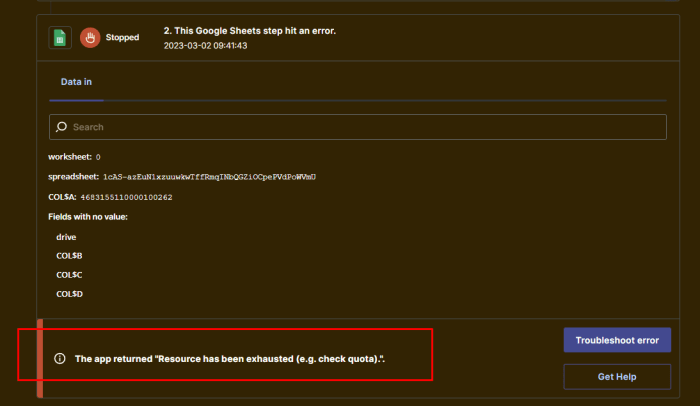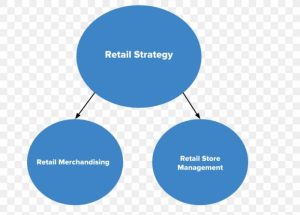
Technological Advancements and Impact

The international door-to-door delivery industry has undergone a dramatic transformation thanks to technological advancements. These innovations have significantly improved efficiency, tracking capabilities, and the overall customer experience, leading to faster and more reliable deliveries across borders. This section will explore the specific technologies driving these improvements and their projected future impact.The integration of technology has revolutionized various aspects of international shipping, from initial order placement to final delivery.
This has resulted in greater transparency for customers, optimized logistics for companies, and a more streamlined process overall. This efficiency translates directly into cost savings and increased customer satisfaction.
GPS Tracking and Real-Time Visibility
GPS tracking systems are now ubiquitous in the international shipping industry. These systems provide real-time location data for packages, allowing both shippers and recipients to monitor their progress throughout the entire journey. This visibility significantly reduces uncertainty and anxiety associated with international shipments, providing peace of mind for customers. For example, a customer can easily track their package’s movement from its origin in China to its final destination in the United States, seeing each transit point and estimated delivery time.
This level of transparency helps manage expectations and allows for proactive problem-solving if delays occur.
Automated Systems and Data Analytics
Automated systems, such as warehouse management systems (WMS) and transportation management systems (TMS), have streamlined many operational processes. WMS automates tasks like inventory management, order picking, and packing, improving efficiency and reducing human error. TMS optimizes routes, schedules, and resource allocation, leading to faster delivery times and reduced fuel consumption. Data analytics plays a crucial role in identifying trends, predicting potential problems, and optimizing operations.
By analyzing data on delivery times, customer preferences, and weather patterns, companies can proactively adjust their strategies to improve service and reduce costs. For instance, analyzing historical data might reveal that certain routes are consistently delayed during peak seasons, prompting the company to adjust its routing strategy accordingly.
Improved Customer Experience and Reduced Delivery Times
Technological advancements have dramatically improved the customer experience. Real-time tracking, automated notifications, and online portals provide customers with greater control and transparency over their shipments. The ability to easily access shipment information, track progress, and communicate with customer service representatives online has significantly improved customer satisfaction. Furthermore, optimized logistics and automated systems have resulted in faster delivery times, meeting the growing demand for speed and efficiency in global commerce.
For example, a company utilizing advanced route optimization algorithms might reduce delivery times by 15-20%, significantly enhancing its competitiveness.
Future Impact of Emerging Technologies
Emerging technologies like artificial intelligence (AI) and robotics are poised to further revolutionize the international door-to-door delivery industry. AI-powered predictive analytics can anticipate potential delays and disruptions, allowing companies to proactively adjust their operations. Robotics can automate tasks such as package sorting, loading, and unloading, increasing efficiency and reducing labor costs. For example, the implementation of autonomous delivery vehicles could significantly reduce delivery times and improve efficiency in last-mile delivery.
The use of AI in customs clearance processes could also streamline the process and reduce delays. While challenges remain in terms of infrastructure and regulatory frameworks, the potential for these technologies to transform the industry is undeniable.







